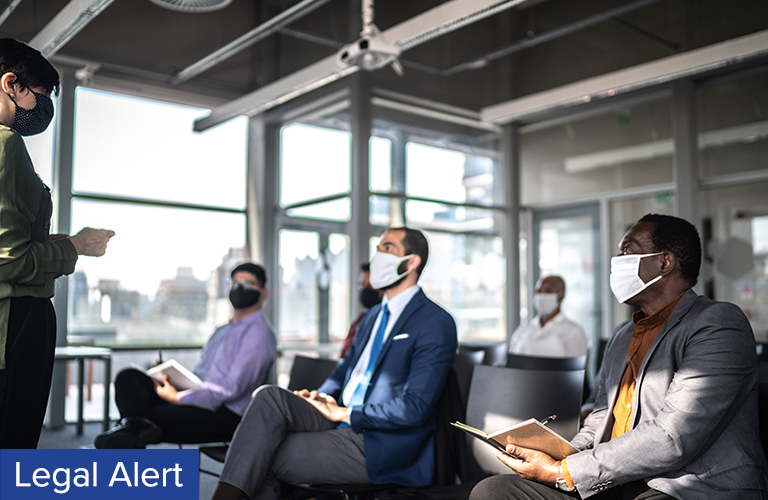
On November 3, 2020, the U.S. Department of Labor (“DOL”) issued two new opinion letters providing additional guidance under the Fair Labor Standards Act (“FLSA”) regarding employee training and employee travel.
In the first opinion letter, the DOL provided guidance regarding compensability for time spent on voluntary training programs. In its guidance, the DOL stated that if an “independent bona fide institution of learning,” offered the voluntary training program, and the voluntary training program occurred outside of the employee’s regular work hours, then the time spent training would not be compensable. The DOL stated that it considers a training program offered by an “independent bona fide institution of learning” if “the course content is not tailored to any peculiar requirements of a particular employer or of a particular job held by an individual employee” and is “such that the skill or knowledge imparted through training would enable an individual to gain or continue employment with any employer.” The DOL also stated that an employee’s voluntary attendance at an independent school, college, or trade school after hours, would not be compensable. The DOL noted that employees should be compensated for time spent on voluntary training programs if the training occurs during the regular working hours of the employee, regardless of whether the training relates to the employee’s job. Of course, it would be well within the purview of the employer to establish a policy prohibiting attending voluntary training programs during regular working hours.
In the second opinion letter, the DOL provided guidance regarding non-exempt foremen and laborers and whether or not they should be compensated for travel time to job sites. In its opinion letter, the DOL determined compensability of travel time based on two factors: (1) whether the job site was local or remote, and (2) whether the employee was a foreman or laborer. In the scenario presented to the DOL, the employer kept the company truck that foremen were required to retrieve at the employer’s place of business for safety reasons. Foremen were required to travel to the employer’s place of business to retrieve the company truck, drive the truck to the job sites, and return the truck to the employer’s place of business to secure it. Moreover, the DOL defined a local job site as a location close to the employer’s place of business and a remote job site as a location between 1.5 and 4 hours away. In this scenario, the DOL stated that foremen must be paid for travel time between the employer’s principal place of business and the job sites for both local and remote job sites because the function of retrieving the company truck from the employer’s place of business is “integral and indispensable” to the foreman’s job duties. The foremen should be paid for the travel beginning once they retrieve the company truck and until the company truck is returned to the employer’s place of business. However, a foreman’s trip from home to the employer’s place of business to pick up the truck is ordinary home-to-work commuting and is not compensable under the FLSA.
As for laborers, the DOL stated that travel time to and from a local job site is not compensable because it is considered normal home-to-work commuting time. For remote job sites, laborers are only paid for travel time that occurs during normal work hours. The DOL specifically identified that if an employer offers a laborer to ride to the remote job site with a foreman from the employer’s place of business in the company truck, then the employer may choose to compensate the employee for either the travel time (1) during the trip in the company truck or (2) it would actually take to travel to the remote job site. With that said, the DOL further detailed that in the event a laborer chooses to commute to the remote job site, then travel time outside of normal work hours is not compensable.
These opinion letters are issued based exclusively on the specific facts presented to the DOL by the requester. Therefore, employers should review their policies and pay practices in light of this new guidance to ensure compliance under the FLSA. If you have any questions regarding the issues raised in this client alert, please contact your Labor and Employment counsel at Smith, Gambrell & Russell, LLP.

